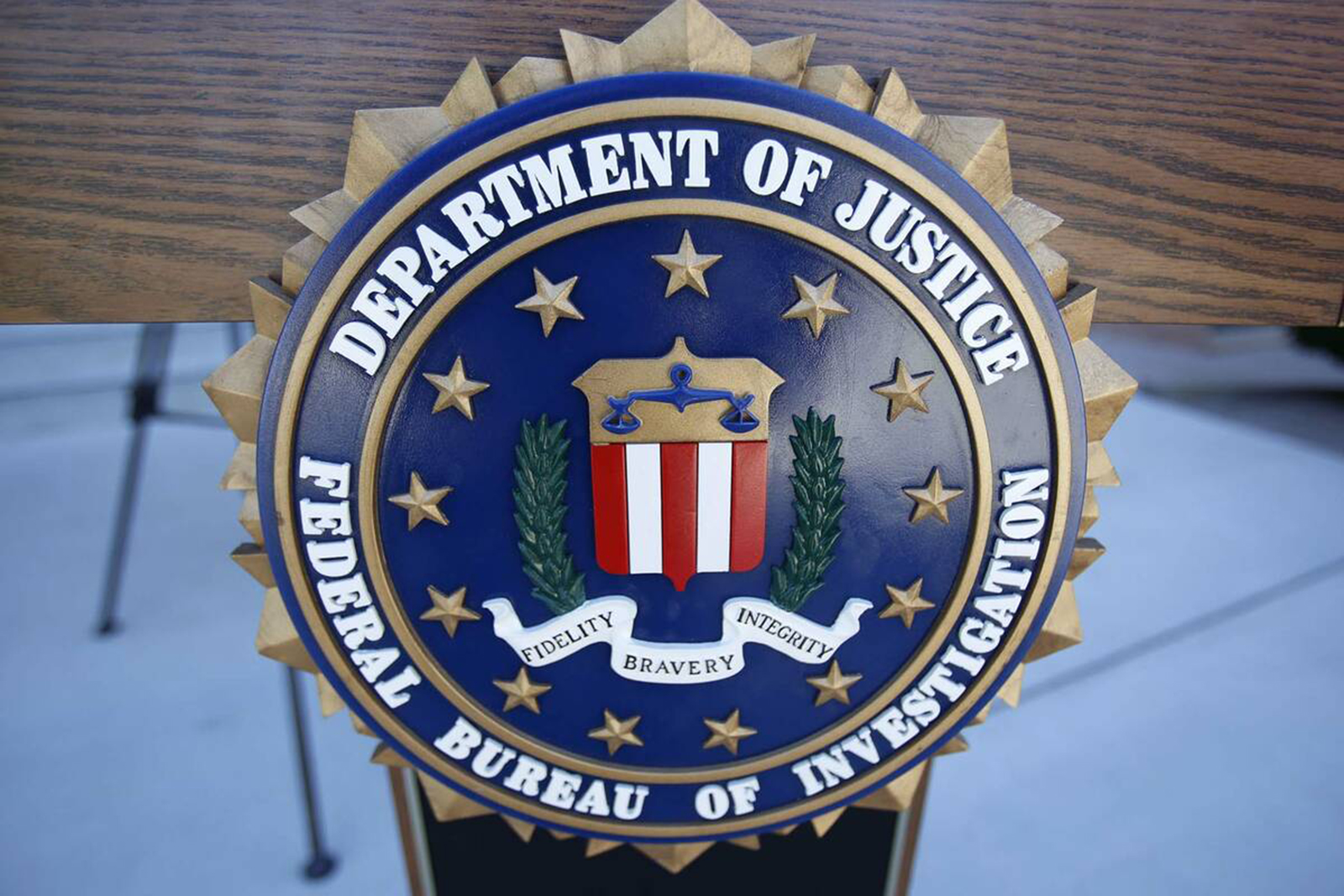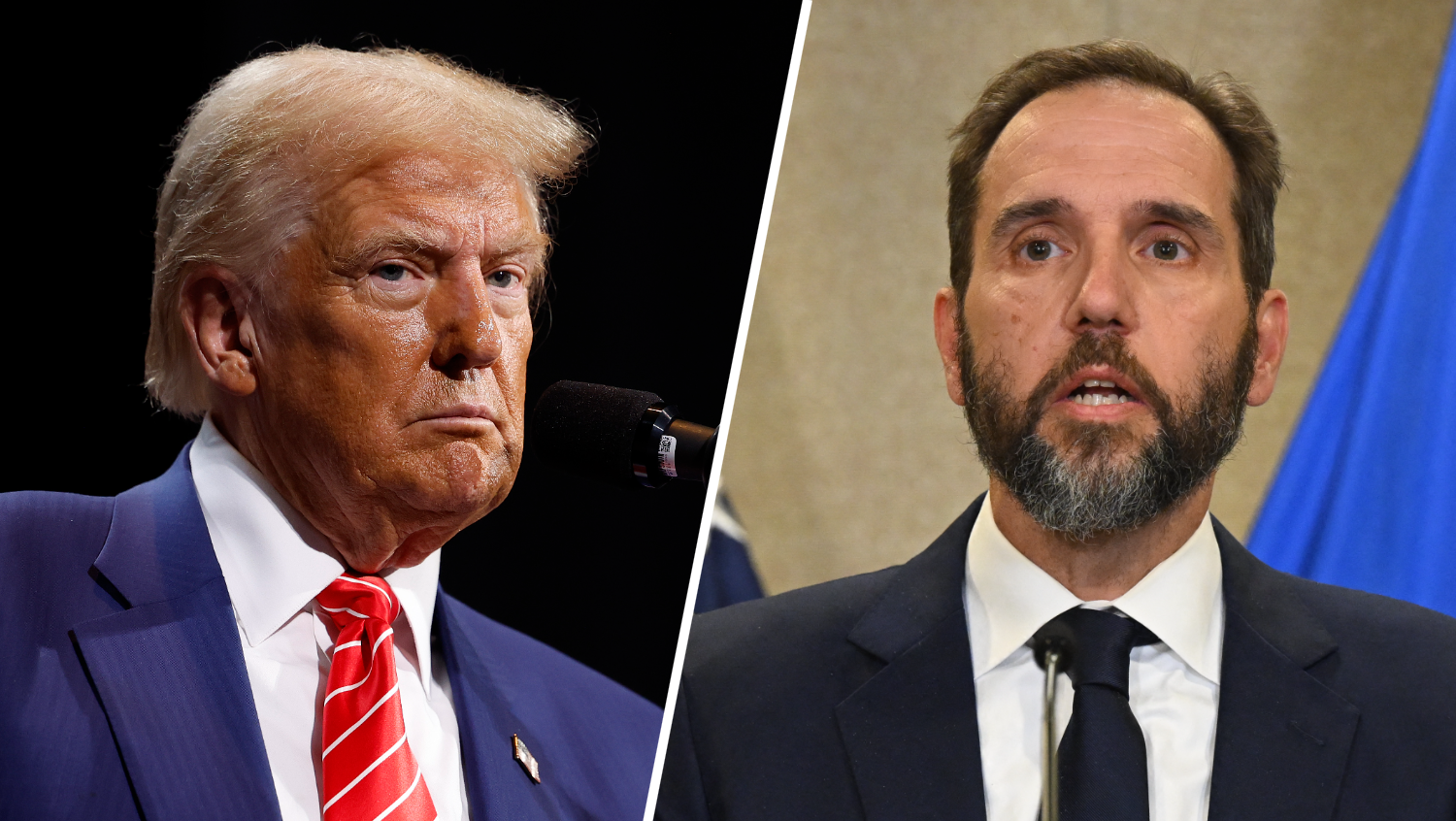New England Serial Killer Rumors: What's the Truth?
New England Serial Killer Panic: Authorities Urge Calm
Introduction: The Whispers in the Woods
Have you ever felt that shiver down your spine when you hear a spooky story around a campfire? Well, imagine that feeling amplified and spread across the internet, fueled by anonymous posts and fueled by our collective fascination (and fear) of the unknown. Recently, that’s exactly what happened in New England. Rumors of a serial killer lurking in the shadows started to spread like wildfire, causing understandable concern and sparking widespread speculation. But here's the thing: while the internet loves a good mystery, sometimes the reality is a lot less dramatic. Local authorities, faced with mounting public anxiety, are now stepping in to pump the brakes on these escalating rumors, stating that there is no evidence to suggest a connection between several deaths that have fueled the speculation. Let’s dive into what’s really happening and try to separate fact from fiction.
The Spark: Social Media Speculation Ignites Fear
It all started, as so many things do these days, on social media. Specifically, a Facebook group dedicated to New England serial killers became a breeding ground for speculation. Anonymous posts started appearing, hinting at a possible killer operating in the region, even going so far as to suggest potential burial sites. Think of it like a game of telephone, but instead of a silly message, it's a terrifying scenario gaining traction with each whispered retelling. This highlights the power, and sometimes the danger, of online communities.
The Role of Anonymous Posters
Anonymous posters have a unique position on social media. The poster in question made "concerning posts" that suggested bodies may be buried in the Black Point area of Scarborough Beach. The Narragansett Police Department said Thursday it learned in the last week of "concerning posts" in a Facebook group dedicated to New England serial killers.
The Investigation: A Search for Answers
When the whispers turned into outright claims of buried bodies, authorities couldn't afford to ignore them. The Narragansett Police Department, along with state police and even the FBI, launched an investigation, including a search of Scarborough Beach in Rhode Island. Imagine the scene: cadaver dogs sniffing through the sand, investigators meticulously combing the area, all based on the words of an anonymous internet user. It's a testament to the seriousness with which law enforcement takes these kinds of claims, even when the source is questionable.
Cadaver Dogs on the Case
Law enforcement often uses cadaver dogs in sensitive situations. State and local police alerted the FBI and brought cadaver dogs. These dogs are incredibly sensitive to the decomposition scent and can help find a potential body or bodies.
The Twist: A Metaphorical Masterpiece?
Here's where things get interesting. The anonymous poster, when confronted, claimed that their posts were merely "metaphorical and literary." They even stated they were working on a novel and that people were "overanalyzing a work of fiction." Talk about an unexpected plot twist! Is this a case of a writer using real-world fears to fuel their creativity, or is there something more to it? It's a reminder that not everything you read online is necessarily true, and that sometimes, the most sensational stories are just… stories.
Fiction vs. Reality: Blurring the Lines
"The anonymous poster commented numerous times in the group about it being a metaphorical and literary work," the department said. The line between fiction and reality is often blurred by authors, especially when attempting to create a scary story that is so realistic it feels real.
The Official Response: Calming the Waters
Faced with mounting anxiety and the potential for mass hysteria, local authorities are actively working to dispel the rumors. They are emphasizing that there is no evidence to support the existence of a serial killer in New England and that the deaths that have fueled the speculation are not connected. This is a crucial step in preventing panic and ensuring that resources are focused on actual threats.
The Importance of Verified Information
In an age of instant information, it’s vital to verify your sources. Getting information from local news sources and press releases is important. Don't just believe everything you read online. Seek out credible sources and be wary of information shared by anonymous individuals or unverified accounts.
The Dangers of Online Rumors: Fueling Fear and Misinformation
This whole situation highlights the very real dangers of unchecked online rumors. In today’s digital age, misinformation can spread faster than ever, often fueled by fear and sensationalism. Before you share or believe something you read online, ask yourself: Is this information from a credible source? Is it based on facts, or just speculation? Spreading unverified information can have serious consequences, causing unnecessary panic and diverting resources from real emergencies. It's like throwing gasoline on a fire – it only makes the situation worse.
The Echo Chamber Effect
Social media often creates echo chambers, where people are primarily exposed to information that confirms their existing beliefs. This can lead to the amplification of misinformation and the creation of false narratives. It’s important to actively seek out diverse perspectives and challenge your own assumptions.
Understanding the Psychology of Fear: Why We're Drawn to Dark Stories
Let’s be honest, there’s a part of us that’s drawn to scary stories. We enjoy the thrill of the unknown, the adrenaline rush of imagining the worst. But it’s important to recognize that this fascination can also make us more susceptible to fear-mongering and misinformation. Understanding why we're drawn to dark stories is the first step in becoming more discerning consumers of information. Think of it like riding a rollercoaster – it's fun and exciting, but you know it's not real.
The Evolutionary Basis of Fear
Fear is a fundamental human emotion that has played a crucial role in our survival. It helps us to identify and avoid potential threats. However, in the modern world, our fear response can sometimes be triggered by things that are not actually dangerous, such as online rumors or sensationalized news stories.
The Role of Media: Responsible Reporting vs. Sensationalism
The media plays a critical role in shaping public perception. Responsible journalism focuses on presenting accurate information and avoiding sensationalism. However, some media outlets may prioritize clicks and views over factual reporting, leading to the spread of misinformation and the fueling of public fear. It’s essential to be aware of the potential biases of different media sources and to critically evaluate the information you consume.
The Pressure to be First
The media industry is in constant competition to be the first to break a story. This can lead to rushed reporting and a lack of thorough fact-checking. It’s important to remember that the first report may not always be the most accurate.
The Importance of Community: Supporting Each Other During Uncertain Times
When rumors and fear spread, it’s more important than ever to come together as a community. Supporting each other, sharing accurate information, and offering reassurance can help to alleviate anxiety and prevent panic. It's like a lighthouse in a storm – a beacon of hope and stability in the face of uncertainty. By working together, we can create a more informed and resilient community.
Promoting Mental Wellness
Uncertain times can take a toll on our mental health. It’s important to prioritize self-care, connect with loved ones, and seek professional help if needed. Remember, it’s okay to not be okay, and there are resources available to support you.
Moving Forward: A Call for Calm and Critical Thinking
So, what's the takeaway from all of this? While it's natural to be concerned when rumors of a serial killer circulate, it’s crucial to remain calm and think critically. Rely on verified information from credible sources, be wary of anonymous posts and sensationalized headlines, and support your community. Remember, fear is contagious, but so is hope and resilience. Let’s choose to spread the latter. Let's all take a deep breath and approach these kinds of situations with a healthy dose of skepticism and a commitment to truth.
Staying Informed Without Getting Overwhelmed
It’s important to stay informed about current events, but it’s also crucial to avoid getting overwhelmed by negative news. Set boundaries for your media consumption and make time for activities that promote your well-being.
The Internet's Role in Criminal Investigations
The internet can be a useful tool to help solve crimes and find criminals. On the other hand, the internet can also mislead people and cause false claims. The internet has a vital role in criminal investigations and can be a very useful tool.
Potential Issues with Internet Investigations
There are several issues that could arise with investigations on the internet, including the use of metadata, IP tracking, and fake accounts. While the internet can be useful, it can also mislead people.
Conclusion: Staying Grounded in Reality
The New England serial killer rumors serve as a potent reminder of the power of online speculation and the importance of critical thinking. While the initial fear and anxiety were understandable, the official response from authorities and the clarification from the anonymous poster highlight the need to verify information before accepting it as truth. By staying informed, supporting our communities, and remaining grounded in reality, we can navigate these uncertain times with greater resilience and clarity. The key takeaways are: remain skeptical of online rumors, rely on credible sources, and trust the official information provided by law enforcement.
Frequently Asked Questions
- Is there a confirmed serial killer operating in New England?
No, authorities have stated that there is no evidence to support the existence of a serial killer in New England. The deaths that have fueled the speculation are not connected. - What should I do if I see concerning information online?
Do not share or spread unverified information. Report the information to the appropriate authorities and encourage others to do the same. - Why are people so quick to believe these kinds of rumors?
People are drawn to scary stories and the unknown. However, it's important to recognize that this fascination can make us more susceptible to fear-mongering and misinformation. - How can I stay informed without getting overwhelmed by negative news?
Set boundaries for your media consumption, seek out credible sources, and make time for activities that promote your well-being. - What is the role of law enforcement in investigating online rumors?
Law enforcement takes claims of criminal activity seriously, even when the source is questionable. They investigate these claims to determine their validity and to prevent potential harm.


